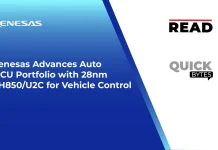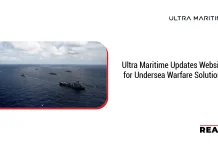Startups Symphony Bio and FluxWorks are the newest recipients of the Technology in Space Prize, funded by Boeing and the Center for the Advancement of Science in Space, manager of the International Space Station (ISS) National Laboratory. Selected through the MassChallenge (Boston) startup accelerator program, these two companies will utilize the unparalleled research environment available through the ISS National Lab to further their research and technology development (R&D).
Symphony Bio will use the orbiting laboratory to develop a new cancer treatment that harnesses the immune system to fight tumors and prevent them from spreading. FluxWorks aims to develop and commercialize noncontact magnetic gearboxes for use in extreme environments in a wide range of applications.
“Boeing is excited to partner with CASIS to support the advancement of cutting-edge research using the unique environment of the orbiting laboratory. Enabling research that can help millions diagnosed with cancer and advancing mechanical innovations of noncontact magnetic gear technology will benefit human life in both the harsh environment of space and terrestrial environments,” said Scott Copeland, director for ISS research integration at Boeing. “There are many smart people out there with great ideas who can leverage the space station to advance innovation, and these two companies serve as an inspiration to them all.”
Also Read : Former Microsoft and Dell Executive and U.S. Army Veteran, Tim Solms, Joins Slingshot Aerospace as CEO
Through the Technology in Space Prize, CASIS and Boeing awarded Symphony Bio and FluxWorks more than $630,000 in total. The startups join a growing community of researchers leveraging the final frontier to explore new possibilities and showcase the potential of space-based research. Since the prize’s inception, approximately $20 million has been awarded for more than 30 projects, many of which have already launched to the space station.
“We are tremendously proud of our partnership with the ISS National Lab and Boeing and are thrilled to play a role in helping high-potential startups take advantage of the opportunity to harden their solutions by conducting tests in a microgravity environment,” said Will Magruder, vice president of partnerships for MassChallenge. “Thanks to this partnership, novel technologies continue to help improve life on Earth and beyond.”
Many of the startups awarded the Technology in Space Prize have gone on to secure additional funding from outside sources to further their research. For example, Connecticut-based LambdaVision leveraged microgravity to improve its manufacturing process for the production of artificial retinas in space and is in the midst of the company’s ninth investigation on the orbiting laboratory.
SOURCE : PRNewswire






